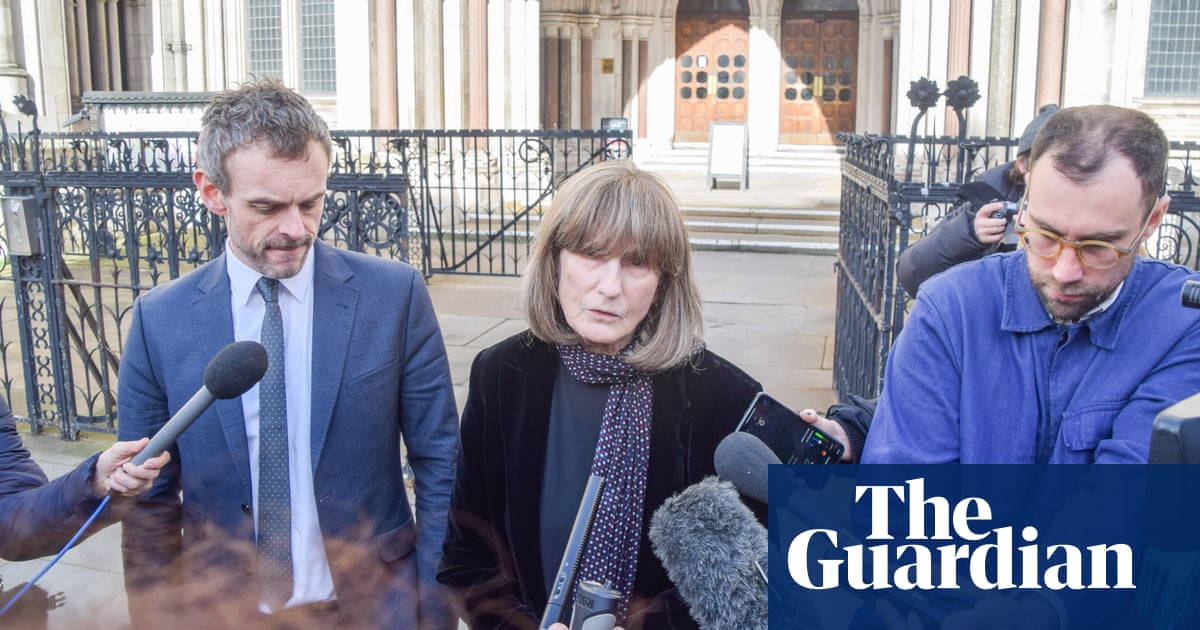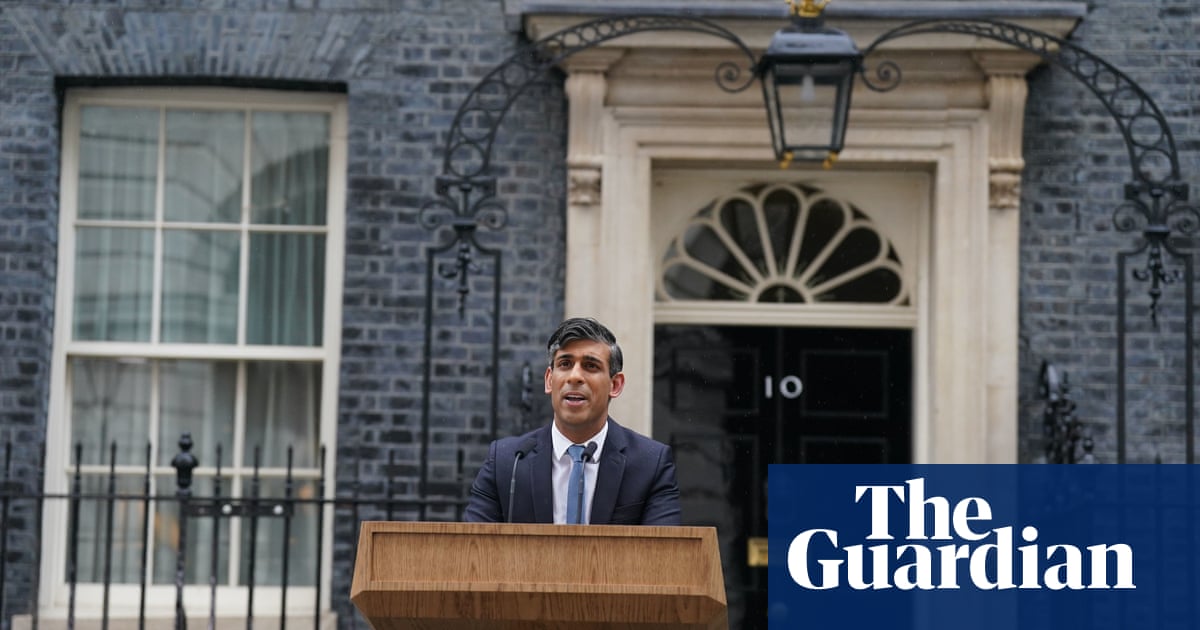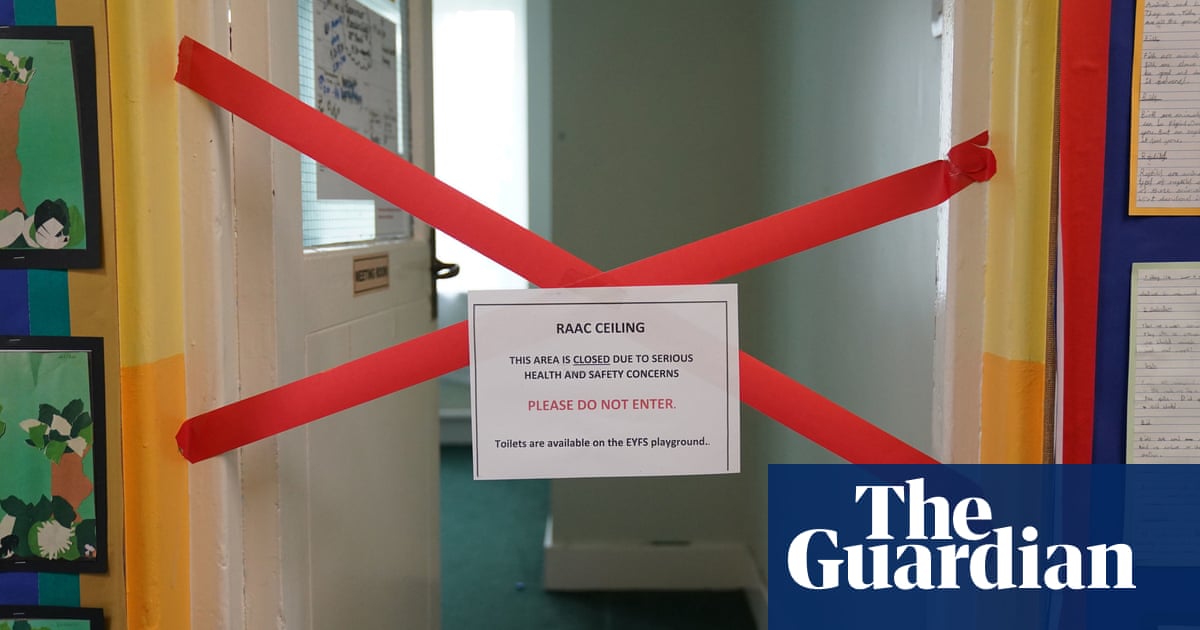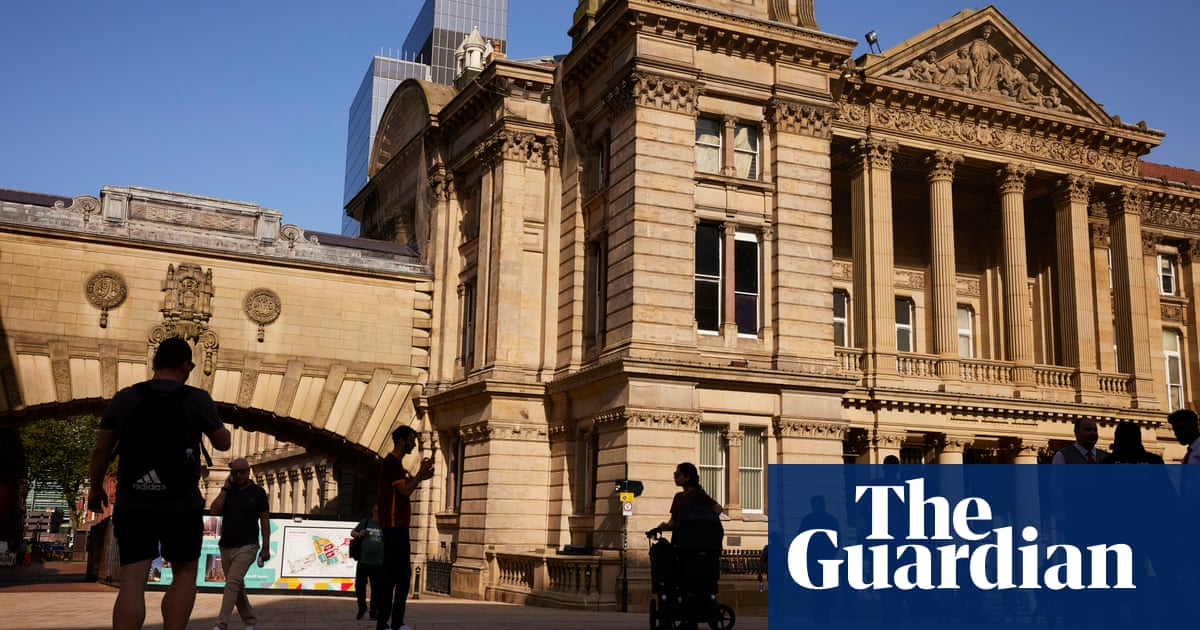
Shamima Begum’s lawyers have promised to fight on after she lost her latest attempt to overturn the decision by the then home secretary, Sajid Javid, to revoke her citizenship. So what happens now?
What are her legal options?
A hearing where permission to appeal in the case can be discussed will take place on 1 March. Begum’s lawyers have said they are still processing Friday’s decision but they could seek to appeal to the supreme court.
However, the courts have so far taken the view that as long as Javid’s decision was procedurally fair, it was not for them to contradict the weight he allocated to the various competing factors – for example, whether she was trafficked versus national security concerns, and it is difficult to envisage the supreme court finding fault with their reasoning.
Are there other options?
The independent reviewer on terrorism legislation, Jonathan Hall KC, has said that Begum’s fate, and that of others in the same predicament, will ultimately be a political decision, meaning it may lie in the hands of the government.
Javid was accused of playing to the gallery and having leadership ambitions in mind when he stripped Begum of her citizenship, amid rightwing media outrage directed towards her. The government has shown no indication of changing its mind – if anything it has since moved further right generally.
While the Conservatives posted a clip on X on Friday afternoon claiming that Keir Starmer thinks Begum should not have been stripped of her citizenship, it was from 2019 and he has changed his stance since then. When the special immigration appeals commission ruled last year that Javid had acted lawfully, Starmer said the court had made “the right decision” – so a change of administration seems unlikely to bring Begum any relief.
What will happen if she cannot return to the UK?
Without UK intervention Begum will remain indefinitely in the Roj detention camp, which is under armed guard.
Fionnuala Ní Aoláin, the UN’s special rapporteur on counter-terrorism and human rights, has estimated that at the current rate of repatriation it would take 20 years for the camps in north-east Syria to close.
But Katherine Cornett, head of unlawful detentions at Reprieve, said: “Security experts have said – and indeed the Kurdish detaining authorities have said – that the status quo won’t hold. There’s every reason to believe these detention facilities will collapse. The security situation in the region is incredibly volatile, and should that happen these nationals will face possible transfer to another jurisdiction – like under [Syrian president Bashar al-]Assad – disappearance, death somewhere else. So it’s an incredibly precarious and dangerous situation these British families are in.”












